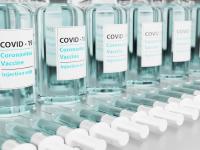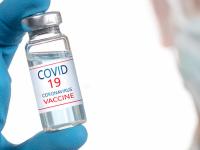Russia claims to be ahead of U.S and UK in producing the correct Coronavirus vaccine
By Benson | Published: August 4, 2020 05:40 PM2020-08-04T17:40:12+5:302020-08-04T17:40:12+5:30

The Russian government claims to have stolen a march on dozens of global rivals – including the US and UK – in the race to produce a viable coronavirus vaccine, saying it would start production of a vaccine next month and begin mass immunisation by October.
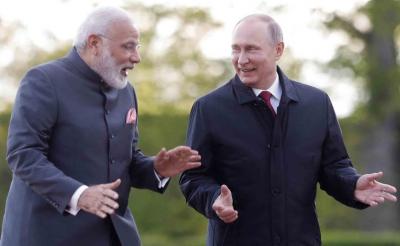
The announcement came amid controversy over how Russia has rushed its two vaccine candidates through safety testing, in which researchers dosed themselves as part of truncated human trials.
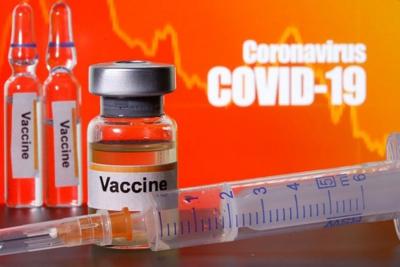
Russian officials previously suggested they planned to approve the main vaccine candidate by 10 August with foreign sales aimed at countries including India, Brazil and Saudi Arabia – which officials say have expressed an interest.
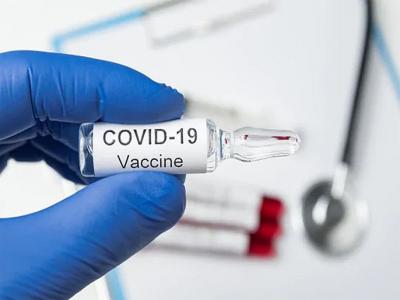
Numerous countries and research groups are working to produce a vaccine, including the UK, which also announced its plans to step up preparations for mass production.

Some experts, including those at the World Health Organization (WHO), have cautioned that any vaccine that emerges may not be the “magic bullet” that ends the pandemic. More than 140 candidate vaccines are being tracked by the WHO, including the British candidate being trialled by AstraZeneca and Oxford University, two by the Chinese firms CanSino and Sinovac and one by the US biotech company Moderna.

The CanSino vaccine was approved by China for use on its military at the end of June pending full-scale human trials, but not for civilians, underlining how more authoritarian countries have approached the hunt for a vaccine.
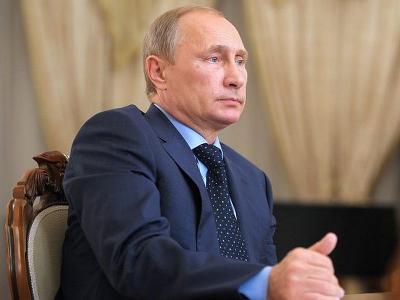
Most are unlikely to be tested and licensed before the end of the year. While vaccines usually require years of testing and development, the coronavirus pandemic has prompted hugely accelerated timelines, including for the US government’s “Operation Warp Speed”.

Experts are cautioning that even with successful candidates being approved, they may not offer protection at the same level to all of the population, while scaling up of global deliveries is likely to be slow at first, leaving the virus in circulation.
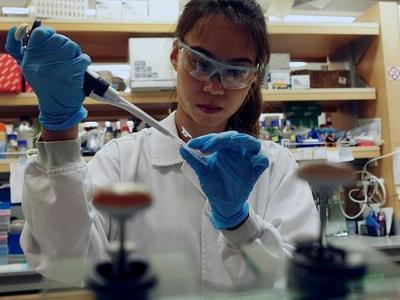
A weak vaccine could also give people a false sense of security and be worse than no vaccine at all if people assume they are protected, some experts say. Researchers are applying different approaches, including using existing viruses to carry a harmless section of coronavirus that can trigger an immune response, or using messenger RNA to trick the body into producing antibodies.
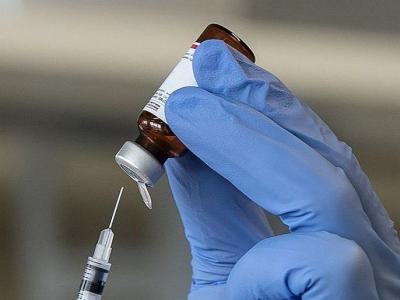
Natalie Dean, an assistant professor of biostatistics at the University of Florida, warned that potential vaccines that skip widespread phase 3 testing, as it is known, might not only fail to pick up rare side effects but – due to a perception of their having been rushed into service – might not be taken up in sufficient numbers.
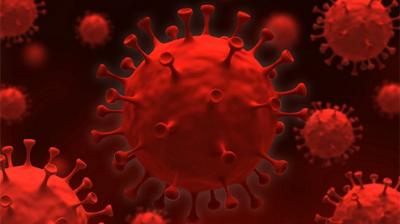
“What we have right now is a collection of animal data, immune response data and safety data based on early trials and from similar vaccines for other diseases. The evidence that would convince me to get a Covid-19 vaccine, or to recommend that my loved ones get vaccinated, does not yet exist,” wrote Dean.



















